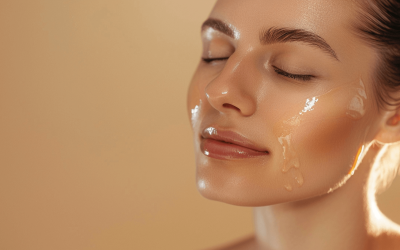
Amira Benhima
A passionate advocate for holistic wellness and natural beauty, is an accomplished author specializing in the benefits and uses of Argan oil, with years of experience exploring its wonders.
Key Takeaways
Have you ever wondered if argan oil antioxidants can truly help in reducing acne? It’s an intriguing theory that has gained attention in the skincare community. But does it actually work? Well, the answer lies in understanding the properties of argan oil and how it interacts with the skin. In this discussion, we will explore the potential benefits of argan oil antioxidants for acne and delve into the science behind their effectiveness. So, let’s uncover the truth and discover if argan oil could be the solution you’ve been searching for.- Argan oil’s antioxidants reduce inflammation and regulate sebum production in acne-prone skin.
- The antioxidants in argan oil help fade acne scars and promote cell regeneration for effective acne treatment.
- Proper usage of argan oil involves cleansing the face and allowing it to absorb for skin elasticity and protection.
- Clinical studies have shown a reduction in acne severity in participants using argan oil.
Introduction to Acne and Argan Oil
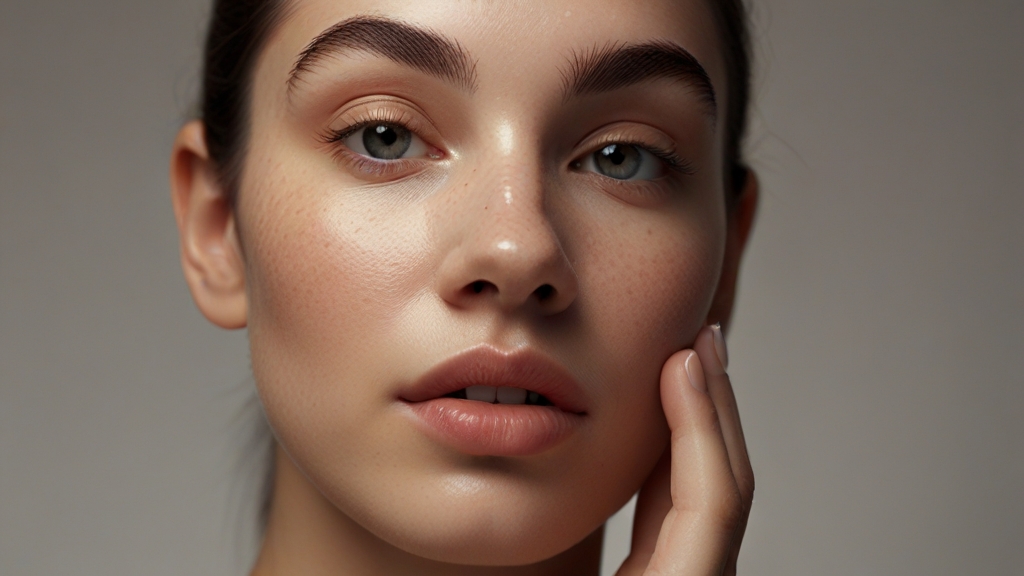 Acne and its treatment with argan oil have long been a subject of interest, particularly in the cultural practices of Moroccan women. Argan oil is known for its ability to help with acne due to its rich composition of antioxidants and fatty acids. These compounds play a crucial role in reducing inflammation and promoting healing in acne-prone skin.
One of the key benefits of argan oil for acne is its ability to regulate sebum production. Sebum is the natural oil produced by our skin glands, and when it is overproduced, it can clog pores and contribute to the formation of acne. Argan oil helps to balance sebum production, preventing excess oiliness while keeping the skin hydrated.
Moreover, argan oil is effective in fading acne scars. The antioxidants present in argan oil help to repair the skin’s hydrolipidic barrier, which in turn promotes cell regeneration and reduces the appearance of scars. Regular application of argan oil can lead to a more even complexion and smoother skin texture.
In addition to its acne-fighting properties, argan oil is also gentle and non-irritating, making it suitable for all skin types. It mimics the skin’s natural oils, providing hydration without greasiness. This makes argan oil a versatile option for those looking to address acne concerns while maintaining a healthy and balanced complexion.
Acne and its treatment with argan oil have long been a subject of interest, particularly in the cultural practices of Moroccan women. Argan oil is known for its ability to help with acne due to its rich composition of antioxidants and fatty acids. These compounds play a crucial role in reducing inflammation and promoting healing in acne-prone skin.
One of the key benefits of argan oil for acne is its ability to regulate sebum production. Sebum is the natural oil produced by our skin glands, and when it is overproduced, it can clog pores and contribute to the formation of acne. Argan oil helps to balance sebum production, preventing excess oiliness while keeping the skin hydrated.
Moreover, argan oil is effective in fading acne scars. The antioxidants present in argan oil help to repair the skin’s hydrolipidic barrier, which in turn promotes cell regeneration and reduces the appearance of scars. Regular application of argan oil can lead to a more even complexion and smoother skin texture.
In addition to its acne-fighting properties, argan oil is also gentle and non-irritating, making it suitable for all skin types. It mimics the skin’s natural oils, providing hydration without greasiness. This makes argan oil a versatile option for those looking to address acne concerns while maintaining a healthy and balanced complexion.
Triggers of Acne and Their Effects
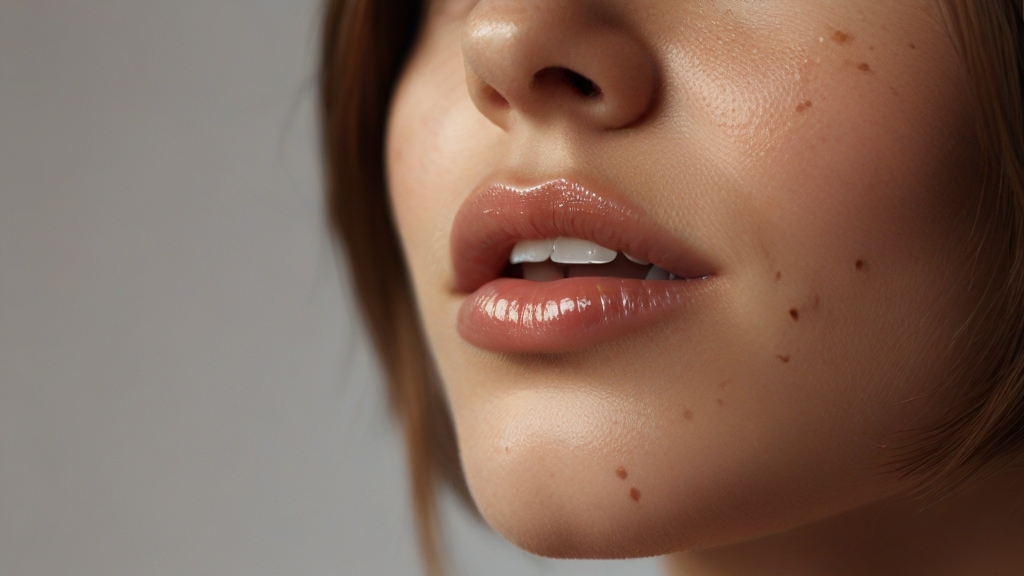 Hormone imbalances, diet, genetics, stress, toxins, and the use of harsh skincare products can all serve as triggers for the development of acne. Identifying and understanding these triggers is crucial for effective acne management. Here are four common triggers and their effects on acne:
Hormone imbalances, diet, genetics, stress, toxins, and the use of harsh skincare products can all serve as triggers for the development of acne. Identifying and understanding these triggers is crucial for effective acne management. Here are four common triggers and their effects on acne:
- Hormonal fluctuations: Changes in hormone levels, such as during puberty or the menstrual cycle, can increase sebum production. Excess oil can clog pores, leading to the formation of acne lesions.
- Dietary factors: Consuming a diet high in refined carbohydrates, sugary foods, and dairy products has been associated with increased acne severity. These foods can raise insulin levels and promote inflammation, contributing to acne development.
- Genetic factors: Some individuals may be more predisposed to developing acne due to their genetic makeup. Certain variations in genes involved in sebum production and inflammation can influence acne susceptibility.
- Stress: Chronic stress can trigger hormonal imbalances and inflammation in the body, which can exacerbate acne. Additionally, stress may lead to unhealthy coping behaviors, such as poor dietary choices or inadequate skincare routines, further impacting skin health.
Using Argan Oil for Acne Treatment
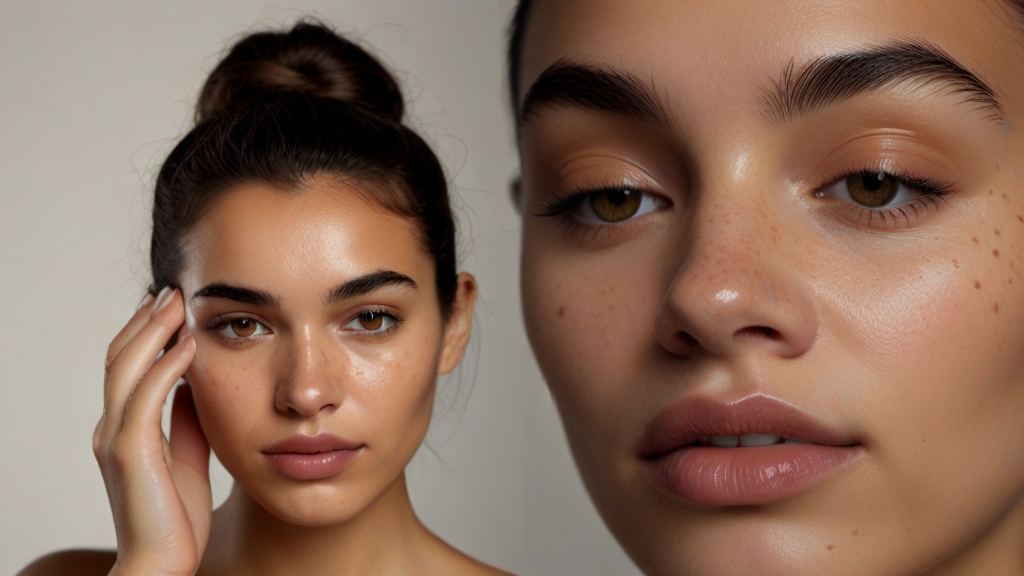 To effectively treat acne with Argan oil, you need to understand its benefits, how to use it, and its effectiveness. Argan oil’s antioxidants reduce inflammation and promote healing, while also regulating sebum production and maintaining skin balance. Its ability to fade scars, rejuvenate the skin, and promote cell regeneration make it an ideal choice for acne treatment.
To effectively treat acne with Argan oil, you need to understand its benefits, how to use it, and its effectiveness. Argan oil’s antioxidants reduce inflammation and promote healing, while also regulating sebum production and maintaining skin balance. Its ability to fade scars, rejuvenate the skin, and promote cell regeneration make it an ideal choice for acne treatment.
Benefits of Argan Oil
Argan oil, with its ability to mimic the skin’s natural oils and provide hydration without greasiness, is an ideal treatment option for acne. Here are four benefits of using Argan oil for acne treatment:- Sebum regulation: Argan oil helps regulate sebum production, preventing excess oiliness and reducing the risk of clogged pores.
- Skin hydration: The oil’s hydrating properties nourish the skin and restore its moisture balance, promoting a healthy complexion.
- Inflammation reduction: Argan oil’s antioxidants have anti-inflammatory properties, which can help calm redness, reduce swelling, and soothe irritated skin.
- Cell regeneration: The oil promotes cell regeneration, aiding in the healing of acne scars and supporting overall skin rejuvenation.
How to Use
To properly use Argan Oil for acne treatment, follow these simple steps. Start by cleansing your face with a gentle cleanser to remove any dirt and impurities. Pat your skin dry with a clean towel. Next, dispense several drops of Argan Oil onto your fingertips and gently massage it onto your face and neck in circular motions. Pay special attention to areas prone to acne breakouts. The Argan Oil will help regulate sebum production, reducing excess oiliness and preventing clogged pores. Its anti-inflammatory properties will soothe irritated skin and reduce redness. Leave the oil on your skin to absorb for a few minutes before applying any other skincare products or makeup. Use Argan Oil twice a day, in the morning and evening, to enjoy its benefits for skin elasticity and protection against oxidative damage.Effectiveness for Acne
After following the proper usage steps, you can expect argan oil to be effective in treating acne due to its antioxidant properties. Here’s why:- Reduction of inflammation: The antioxidants in argan oil help calm and soothe acne-prone skin by reducing inflammation. This can lead to a decrease in redness and irritation associated with acne.
- Regulation of sebum production: Argan oil’s antioxidants work to balance sebum production, preventing excess oil from clogging the pores and causing breakouts. By controlling oil production, argan oil aids in preventing new acne from forming.
- Fade acne scars: The antioxidants in argan oil promote cell regeneration, aiding in the fading of acne scars. This can result in a smoother and more even complexion over time.
- Rejuvenation of the skin: Argan oil’s antioxidant properties rejuvenate the skin by promoting cell turnover and elasticity. This can help improve the overall appearance of the skin and prevent future breakouts.
Benefits of Argan Oil Antioxidants for Acne
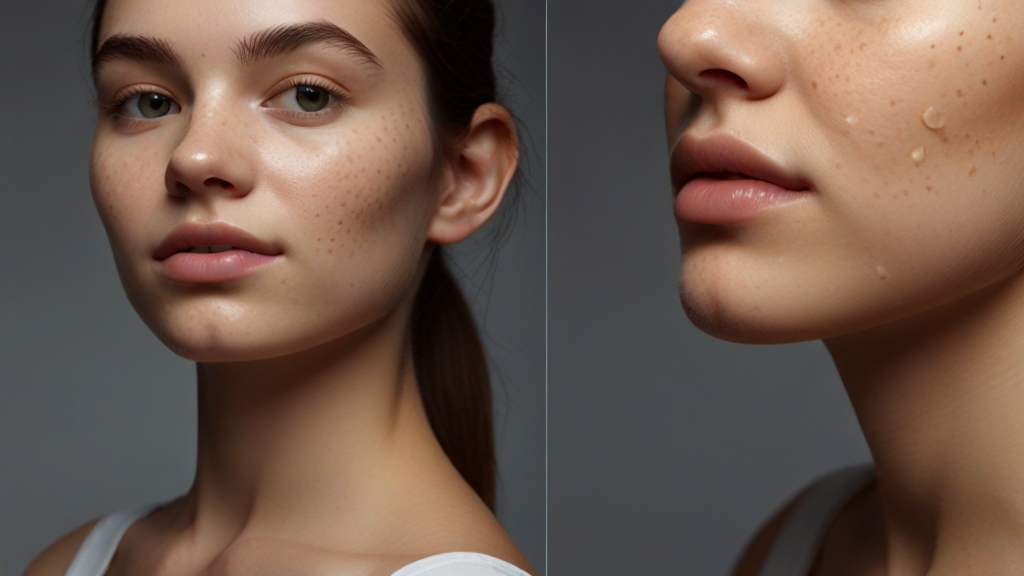 Using the powerful antioxidants found in argan oil can provide numerous benefits for individuals suffering from acne. Argan oil antioxidants, such as tocopherol, have anti-inflammatory properties that help reduce acne inflammation. This is particularly beneficial for individuals with inflammatory acne, as it can help alleviate the redness and swelling associated with this condition.
Furthermore, the tocopherol in argan oil aids in preventing pimples and breakouts by fighting acne-causing bacteria. By inhibiting the growth of these bacteria, argan oil antioxidants help keep the skin clean and minimize the likelihood of new acne lesions forming.
In addition to its anti-inflammatory and antibacterial properties, argan oil antioxidants, including vitamin E, also contribute to maintaining healthy skin and preventing acne. Vitamin E is known for its skin healing properties, promoting the regeneration of damaged skin cells and aiding in the repair of acne scars.
Moreover, the antioxidants in argan oil play a role in protecting the skin from oxidative damage. This is important for individuals with acne, as oxidative stress can worsen acne symptoms and delay the healing process. By neutralizing free radicals and reducing oxidative stress, argan oil antioxidants promote skin healing and improve the overall condition of acne-prone skin.
Lastly, the anti-inflammatory properties of argan oil antioxidants help soothe skin irritations and reduce redness associated with acne. This can provide individuals with relief from the discomfort and embarrassment often associated with acne breakouts.
Using the powerful antioxidants found in argan oil can provide numerous benefits for individuals suffering from acne. Argan oil antioxidants, such as tocopherol, have anti-inflammatory properties that help reduce acne inflammation. This is particularly beneficial for individuals with inflammatory acne, as it can help alleviate the redness and swelling associated with this condition.
Furthermore, the tocopherol in argan oil aids in preventing pimples and breakouts by fighting acne-causing bacteria. By inhibiting the growth of these bacteria, argan oil antioxidants help keep the skin clean and minimize the likelihood of new acne lesions forming.
In addition to its anti-inflammatory and antibacterial properties, argan oil antioxidants, including vitamin E, also contribute to maintaining healthy skin and preventing acne. Vitamin E is known for its skin healing properties, promoting the regeneration of damaged skin cells and aiding in the repair of acne scars.
Moreover, the antioxidants in argan oil play a role in protecting the skin from oxidative damage. This is important for individuals with acne, as oxidative stress can worsen acne symptoms and delay the healing process. By neutralizing free radicals and reducing oxidative stress, argan oil antioxidants promote skin healing and improve the overall condition of acne-prone skin.
Lastly, the anti-inflammatory properties of argan oil antioxidants help soothe skin irritations and reduce redness associated with acne. This can provide individuals with relief from the discomfort and embarrassment often associated with acne breakouts.
Potential Risks and Side Effects of Argan Oil
 Argan oil carries potential risks and side effects that individuals should be aware of before incorporating it into their skincare routine. Here are four important points to consider:
Argan oil carries potential risks and side effects that individuals should be aware of before incorporating it into their skincare routine. Here are four important points to consider:
- Skin Irritation: Some individuals may experience skin irritation when using argan oil. This can manifest as redness, itching, or a rash. If you have sensitive skin or a history of allergies, it is especially important to patch test argan oil before applying it to your face or body. Apply a small amount of the oil to a small area of skin and monitor for any adverse reactions.
- Acne Breakouts: While argan oil is often praised for its potential benefits in treating acne, it can also exacerbate breakouts in certain individuals. This is because argan oil is a comedogenic substance, meaning it has the potential to clog pores. If you have acne-prone skin, it is advisable to consult with a dermatologist before using argan oil to determine if it is suitable for your specific skin type.
- Allergies: Allergic reactions to argan oil are rare but possible. If you have a known allergy to nuts or seeds, it is crucial to exercise caution when using argan oil. As argan oil is derived from the nuts of the Argan tree, individuals with nut allergies should avoid using products containing this oil to prevent any adverse reactions.
- Side Effects and Risks: While argan oil is generally safe for most individuals, it is important to be aware of potential side effects and risks. These can include skin dryness, increased sensitivity to sunlight, and the potential for interactions with certain medications. If you experience any unusual or severe side effects after using argan oil, discontinue use and consult a healthcare professional.
Recommended Argan Oil Products for Acne-prone Skin
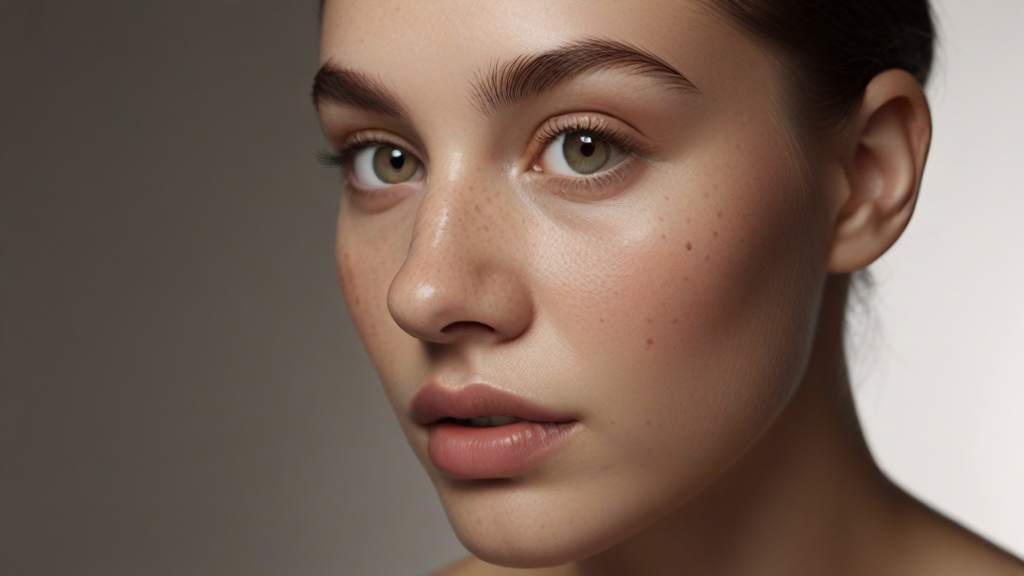 For individuals with acne-prone skin, incorporating argan oil products into their skincare routine can be beneficial. Argan oil, known for its nourishing properties, can help with acne treatment and maintaining the moisture balance of the skin. Additionally, essential oils such as rose and sandalwood can provide anti-inflammatory and antibacterial benefits, making them effective in combating acne. Here are some recommended argan oil products that can help manage acne-prone skin:
For individuals with acne-prone skin, incorporating argan oil products into their skincare routine can be beneficial. Argan oil, known for its nourishing properties, can help with acne treatment and maintaining the moisture balance of the skin. Additionally, essential oils such as rose and sandalwood can provide anti-inflammatory and antibacterial benefits, making them effective in combating acne. Here are some recommended argan oil products that can help manage acne-prone skin:
| Product Name | Key Ingredients | Benefits |
|---|---|---|
| AGELESS Renewing Face Oil | Argan Oil, Rose Oil, Sandalwood Oil | Provides acne treatment with anti-inflammatory and antibacterial properties. Helps balance moisture levels and promote an even skin tone. |
| Moroccan ROSE WATER Mist | Argan Oil, Rose Water | Acts as a natural toner to cleanse pores, reduce excess oil, and prevent acne breakouts. |
Clinical Studies on Argan Oil’s Effectiveness for Acne
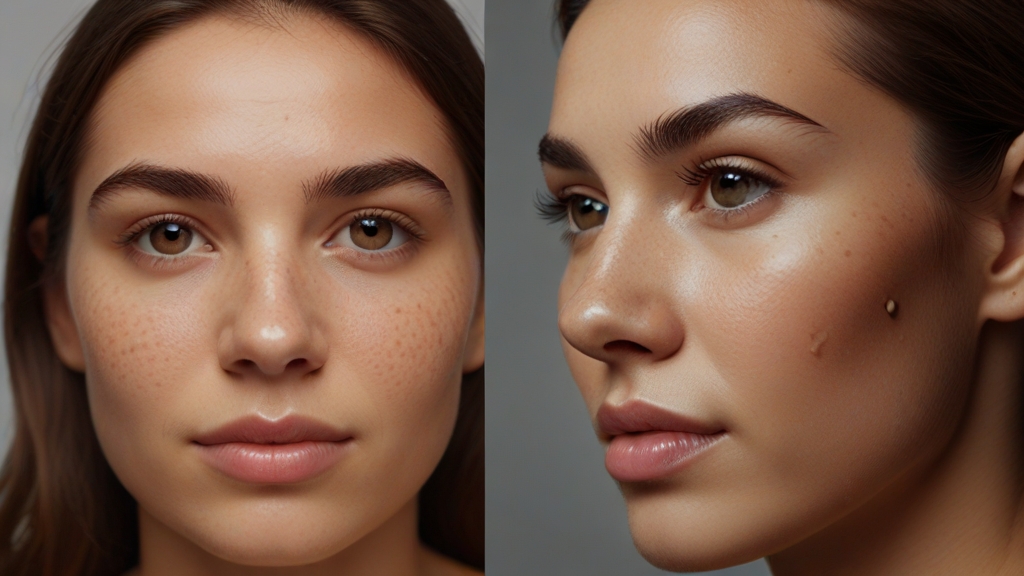 To understand the effectiveness of argan oil for acne, it is crucial to examine the results of clinical studies. These studies have shown promising outcomes, including improvement in acne symptoms and reduction in inflammation. Additionally, researchers have explored the mechanism of action behind argan oil’s effectiveness and potential side effects. By delving into these clinical studies, we can gain valuable insights into the efficacy of argan oil for acne management.
To understand the effectiveness of argan oil for acne, it is crucial to examine the results of clinical studies. These studies have shown promising outcomes, including improvement in acne symptoms and reduction in inflammation. Additionally, researchers have explored the mechanism of action behind argan oil’s effectiveness and potential side effects. By delving into these clinical studies, we can gain valuable insights into the efficacy of argan oil for acne management.
Study Results: Acne Improvement
Clinical studies have demonstrated the effectiveness of antioxidants found in Argan oil in improving the severity and inflammation of acne. Here are four key findings from the research:- Reduction in acne severity: Participants using Argan oil experienced a significant decrease in the severity of their acne. This improvement suggests that the antioxidants present in Argan oil play a vital role in combating acne-related issues.
- Decreased inflammation: The anti-inflammatory properties of Argan oil help in calming acne-prone skin. By reducing redness, swelling, and irritation, Argan oil aids in soothing inflamed acne lesions.
- Skin healing promotion: Argan oil’s antioxidants work to combat acne-causing bacteria and promote skin healing. This dual action helps to accelerate the recovery process of acne-prone skin, leading to faster clearance of blemishes.
- Research-backed effectiveness: Multiple studies support the effectiveness of Argan oil in managing acne and improving overall skin condition. These findings highlight the potential of Argan oil as a natural remedy for acne treatment.
Mechanism of Action
The mechanism of action behind the effectiveness of Argan oil in treating acne has been elucidated through clinical studies. The antioxidants present in Argan oil play a crucial role in combating acne and promoting skin health. These antioxidants work by reducing inflammation and neutralizing free radicals that contribute to acne formation and skin damage. By neutralizing oxidative stress in the skin, Argan oil promotes healing and prevents further acne breakouts. Research has shown that Argan oil’s antioxidants can improve skin texture and reduce acne lesions over time. The mechanism of action involves promoting skin regeneration, reducing redness, and enhancing overall skin health in individuals prone to acne.| Antioxidants | Inflammation | Acne |
|---|---|---|
| Free radicals | Oxidative stress | Skin regeneration |
| Skin health |
Potential Side Effects
Some individuals may experience potential side effects when using argan oil for acne treatment, as demonstrated in clinical studies. Here are four important points to consider:- Skin irritation: Clinical studies have shown that argan oil can cause skin irritation in some individuals. It is important to monitor your skin for any signs of redness, itching, or inflammation when using argan oil.
- Acne breakouts: Surprisingly, argan oil can also lead to acne breakouts in certain cases. This may be due to its comedogenic properties, which can clog pores and exacerbate acne in susceptible individuals.
- Allergic reactions: Patch testing is recommended before using argan oil to check for any allergic reactions. Some individuals may experience allergic responses such as rashes or hives when using argan oil.
- Nut allergies: Argan oil is derived from the argan tree nut, so individuals with nut allergies should exercise caution. If you have a known nut allergy, it is advisable to consult with a healthcare professional before using argan oil.
Incorporating Argan Oil Into Your Skincare Routine
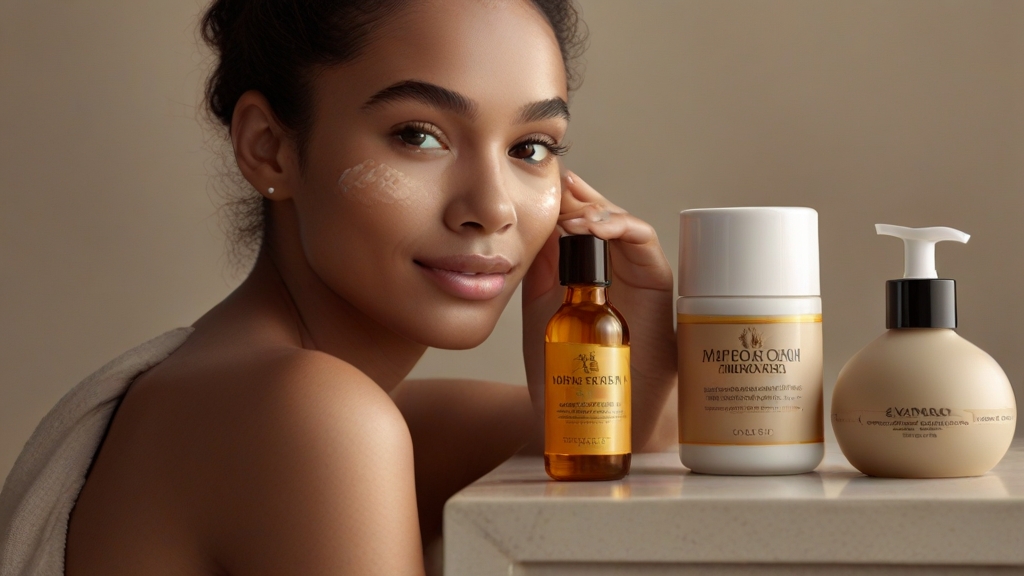 To incorporate Argan Oil into your skincare routine, begin by applying several drops of this antioxidant-rich oil in the morning and evening for optimal results in regulating sebum production, rejuvenating the skin, and promoting a healthy complexion. Argan oil is known for its remarkable properties that can benefit your skin in various ways. One of the key advantages of using Argan oil is its ability to regulate sebum production. Sebum is an oily substance produced by the sebaceous glands in the skin. When sebum is overproduced, it can lead to clogged pores, which can result in acne breakouts. Argan oil helps to balance sebum production, reducing the chances of acne breakouts and promoting clearer skin.
Additionally, Argan oil contains powerful antioxidants that help protect the skin from damage caused by free radicals. Free radicals are unstable molecules that can cause oxidative stress, leading to premature aging and skin damage. The antioxidant properties of Argan oil neutralize these free radicals, preventing their harmful effects on the skin. Furthermore, Argan oil promotes cell regeneration, which helps to improve the overall texture and appearance of the skin. It aids in the production of collagen and elastin, proteins that are essential for maintaining skin elasticity and firmness.
Moreover, incorporating Argan oil into your skincare routine helps balance the moisture levels of your skin. It is lightweight and easily absorbed, providing hydration without clogging the pores. This is especially beneficial for individuals with dry or combination skin types. By maintaining the moisture balance of the skin, Argan oil helps to prevent dryness, flakiness, and dullness, resulting in a radiant and healthy complexion.
To incorporate Argan Oil into your skincare routine, begin by applying several drops of this antioxidant-rich oil in the morning and evening for optimal results in regulating sebum production, rejuvenating the skin, and promoting a healthy complexion. Argan oil is known for its remarkable properties that can benefit your skin in various ways. One of the key advantages of using Argan oil is its ability to regulate sebum production. Sebum is an oily substance produced by the sebaceous glands in the skin. When sebum is overproduced, it can lead to clogged pores, which can result in acne breakouts. Argan oil helps to balance sebum production, reducing the chances of acne breakouts and promoting clearer skin.
Additionally, Argan oil contains powerful antioxidants that help protect the skin from damage caused by free radicals. Free radicals are unstable molecules that can cause oxidative stress, leading to premature aging and skin damage. The antioxidant properties of Argan oil neutralize these free radicals, preventing their harmful effects on the skin. Furthermore, Argan oil promotes cell regeneration, which helps to improve the overall texture and appearance of the skin. It aids in the production of collagen and elastin, proteins that are essential for maintaining skin elasticity and firmness.
Moreover, incorporating Argan oil into your skincare routine helps balance the moisture levels of your skin. It is lightweight and easily absorbed, providing hydration without clogging the pores. This is especially beneficial for individuals with dry or combination skin types. By maintaining the moisture balance of the skin, Argan oil helps to prevent dryness, flakiness, and dullness, resulting in a radiant and healthy complexion.
Frequently Asked Questions
Does Argan Oil Affect Acne?
Argan oil does affect acne. Its antioxidants work wonders for your skin. They reduce inflammation, heal acne-prone skin, and soothe breakouts. The antioxidants also regulate sebum production, preventing clogged pores and reducing acne. Unlike other treatments, argan oil is a natural remedy that improves skin elasticity, hydration, and overall appearance. The science behind it is solid. So, if you want to improve your acne-affected skin, give argan oil a try.What Is the Disadvantage of Argan Oil on Face?
The disadvantage of using argan oil on your face includes potential skin sensitivity, allergic reactions, clogged pores, excessive oiliness, breakout potential, irritation risk, and potential for acne flare-ups. It’s important to consider your individual skin type and sensitivity before incorporating argan oil into your skincare routine. While it may work well for some, it may not be suitable for all skin types, so proceed with caution and monitor how your skin responds.Does Argan Oil Have Antioxidants?
Yes, argan oil does have antioxidants. These powerful compounds, such as tocopherols and polyphenols, provide numerous benefits for your skin. Incorporating argan oil into your skincare routine can help promote skin health, reduce inflammation, and support overall skin rejuvenation. The antioxidants in argan oil help neutralize harmful free radicals, preventing premature aging and skin damage. When it comes to natural remedies for acne, argan oil’s effectiveness is backed by science. It can be a viable alternative to other acne treatments. Choose the right argan oil for your skin type for optimal results.What Is the Comedogenic Rating of Argan Oil?
The comedogenic rating of argan oil is 0, indicating a low likelihood of pore clogging. This makes it suitable for acne-prone skin and safe for regular use. Argan oil can also help with skin hydration, elasticity, anti-aging benefits, scar healing, acne scarring, skin inflammation, and skin barrier function. Incorporating argan oil into your skincare routine may be beneficial for maintaining healthy and clear skin.Related Articles
Argan Oil for Reducing Acne Inflammation
Looking for a natural solution to stubborn acne? Discover the science behind argan oil's acne-fighting abilities and learn practical tips for achieving clearer, healthier skin.
Argan Oil for Skin Elasticity
Boost your skin's elasticity with argan oil, the secret ingredient that promises to revolutionize your skincare routine.
Argan Oil for Mature Skin
Packed with essential fatty acids and vitamin E, argan oil is the secret to maintaining a youthful glow for mature skin.

